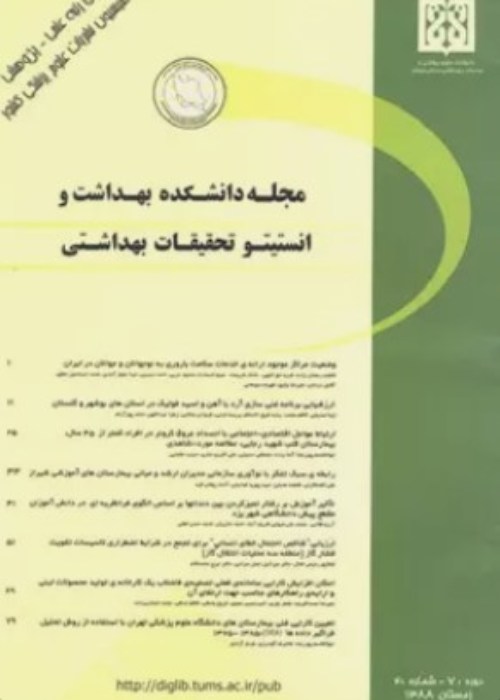The Effect of Sleep Deprivation on Quality of Life of Sport Science Students
Previous research has shown that many factors can affect sportspersons’ quality of life. Sleep deprivation is one of these factors. Based on laboratory evidence, a number of possible mechanisms for the relationship between sleep deprivation and quality of life of sportspersons have been suggested. The aim of this study was to investigate the effect of sleep deprivation on the quality of life of sport science students.
This was an experimental research study. The sample was 20 volunteer male sport science students selected by simple random sampling using a counterbalanced intra-group design. Data on the volunteer students were collected at two time points under controlled conditions in the university dormitory: 1. after twelve hours of fasting and eight hours of sufficient sleep, and 2. after twelve hours of fasting and thirty hours of full lack of sleep. The initial and final quality of life of the subjects were assessed and compared using the World Health Organization Quality of Life Questionnaire (WHOQOL_BREF). Changes in the dependent variable resulting from intervention were analyzed using the dependent t-test at p<0.05 with the SPSS software ver.22.
Analysis of the data showed that 30 hours of sleep deprivation significantly reduced the quality of life scale, perception of physical health, mental health, social relationships, environmental health and the general health of the students (p=0.012).
According to the results of this study, it is concluded that 30 hours of sleep deprivation can bring about a significant change in the quality of life of active male sport science students. Athletes need more sleep than inactive people because of exercise needs that affect the quality and quantity of sleep. Therefore, coaches and athletes are advised to identify the factors that cause sleep deprivation and, based on this, try to prevent athletes from falling asleep during training and competitions, and consequently reduce the negative effect of sleep deprivation on sports performance.
- حق عضویت دریافتی صرف حمایت از نشریات عضو و نگهداری، تکمیل و توسعه مگیران میشود.
- پرداخت حق اشتراک و دانلود مقالات اجازه بازنشر آن در سایر رسانههای چاپی و دیجیتال را به کاربر نمیدهد.



